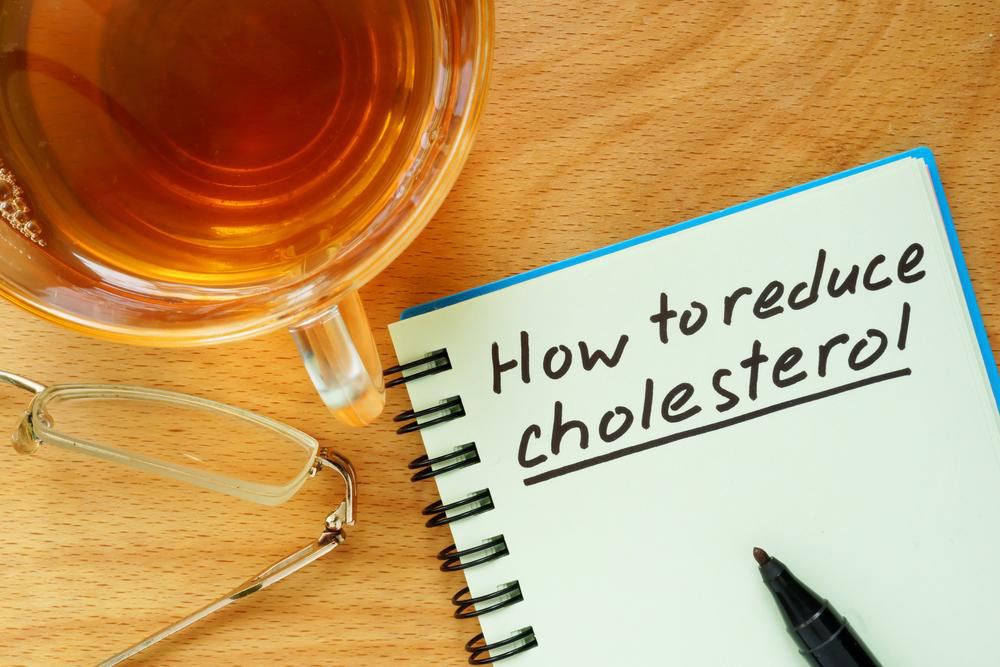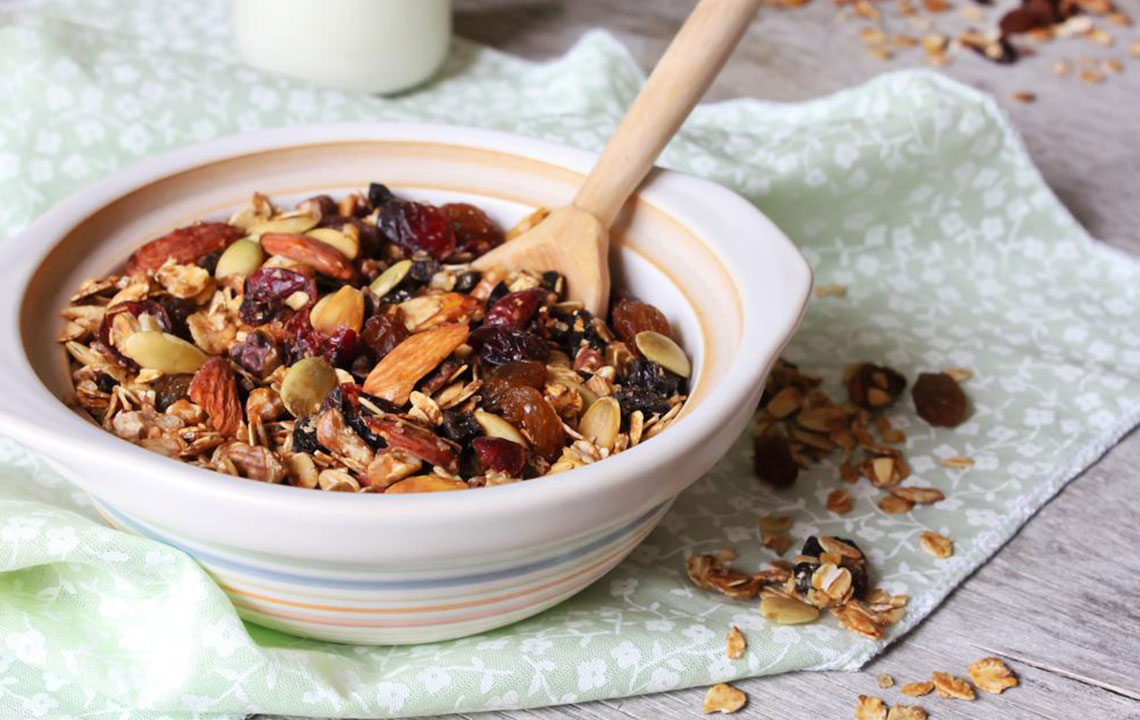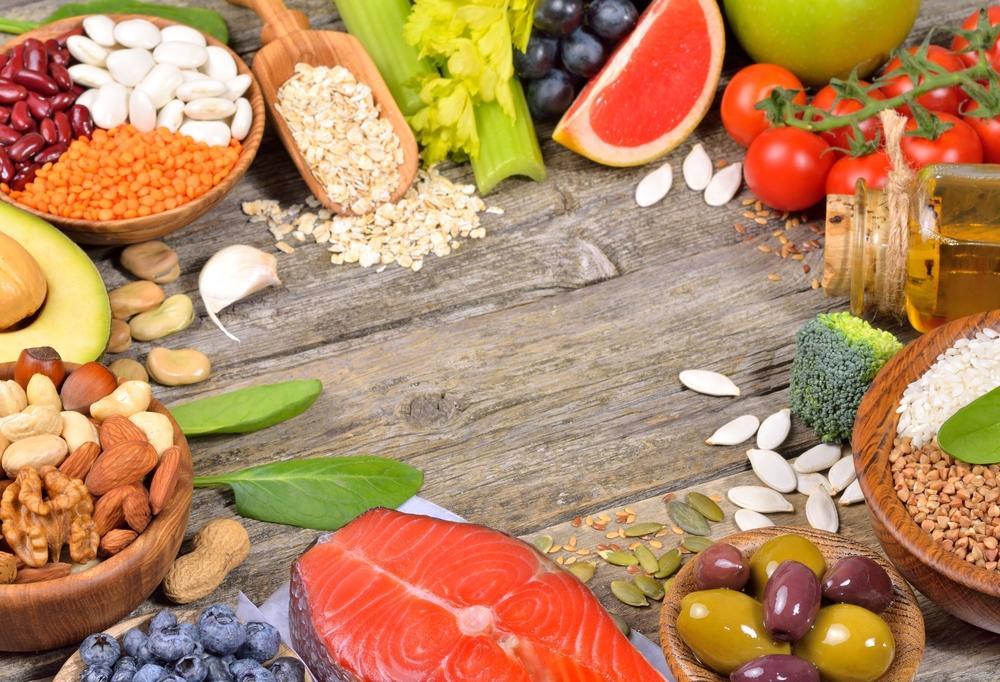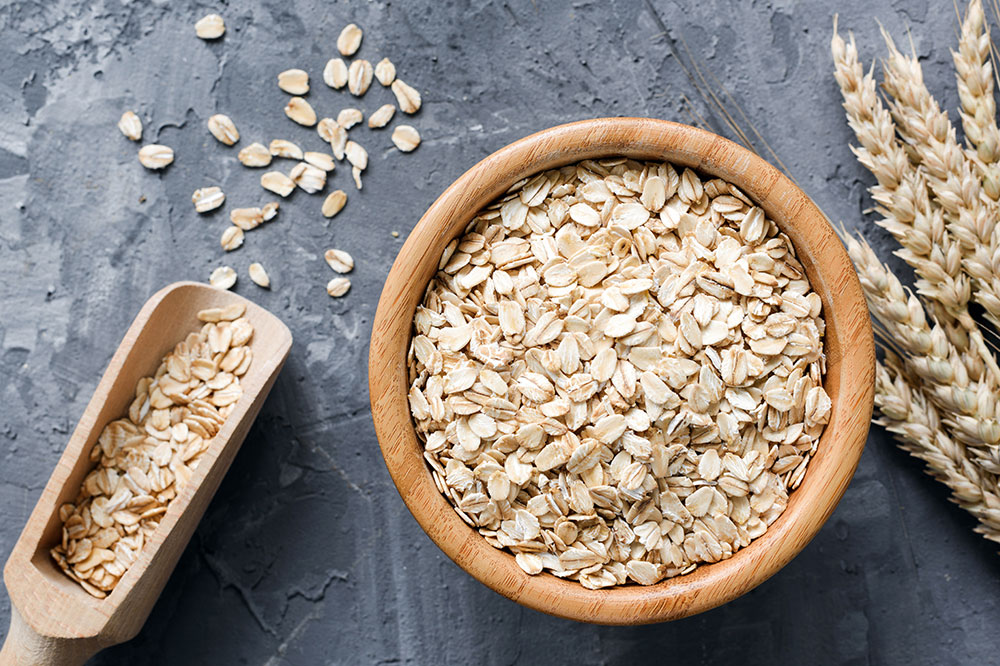Top 10 Strategies to Lower Your Cholesterol Levels
Discover 10 effective strategies to lower cholesterol naturally through diet and lifestyle changes. Learn how portion control, healthy fats, fiber, and nutritious foods like fruits and seafood can support cardiovascular health. Practical tips for reducing trans fats, salt, and sugar are also included, making it easy to adopt a heart-friendly diet and improve overall wellness.
Sponsored

Practice Portion Control
Overeating can elevate cholesterol levels. Paying attention to serving sizes helps maintain a balanced diet and prevents unnecessary weight gain.
It's important to serve reasonable portions and avoid piling up leftovers to prevent overeating. Sharing excess with others is a good alternative. Learning to stop when full safeguards your heart health while preventing excess calorie intake.
Limit Saturated Fats
Although not definitively linked to heart disease, saturated fats can raise LDL cholesterol. They also influence HDL (good cholesterol) and triglycerides, affecting heart health. Replacing high-fat dairy, fatty meats, and processed foods with healthier options can make a significant difference.
Reducing intake of saturated fats found in butter, red meats, and full-fat dairy products is advisable. Opt for lean cuts, plant-based alternatives, or low-fat options to support cardiovascular health.
Eliminate Trans Fats
Trans fats are harmful fats that clog arteries, increase triglycerides, and contribute to weight gain. Common sources include hydrogenated oils, processed baked goods, snacks, and fried foods. Avoiding trans fats can improve cholesterol levels and overall health.
Eat More Fresh Fruits
Incorporate at least five servings of fresh fruit into your daily diet. Whole fruits provide essential nutrients and fiber, which aid in lowering bad cholesterol better than fruit juices. Enjoy fruits as snacks, add them to salads, or make smoothies.
Add Soluble Fiber
Soluble fiber helps reduce LDL cholesterol by binding to it and aiding its removal. Foods like oats, brown rice, barley, beans, lentils, and whole fruits are excellent sources. Including these can promote heart health.
Consume Omega-3 Rich Seafood
Fish such as salmon, sardines, and herrings contain omega-3 fatty acids that can decrease bad cholesterol levels and support heart health.
Opt for Lean Protein Sources
Replace red meats with healthier proteins like skinless chicken and fish. These options provide necessary nutrients without the adverse effects associated with red meat consumption.
Stay Hydrated
Drinking plenty of water aids digestion, enhances metabolic processes, and supports healthy heart function. Proper hydration is vital for overall health.
Choose Heart-Healthy Snacks
Nuts such as walnuts, almonds, and cashews are nutritious snacks that help lower cholesterol while keeping you full. Incorporate a handful daily to benefit your heart.
Reduce Salt and Sugar Intake
Cutting back on salt helps control blood pressure, and limiting sugar intake can prevent type-2 diabetes. Both habits are essential for maintaining optimal health.






